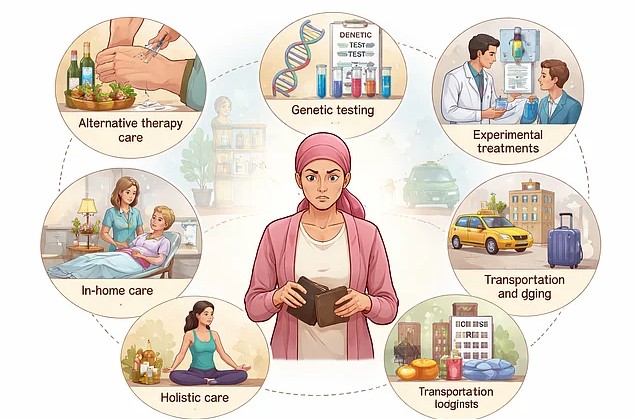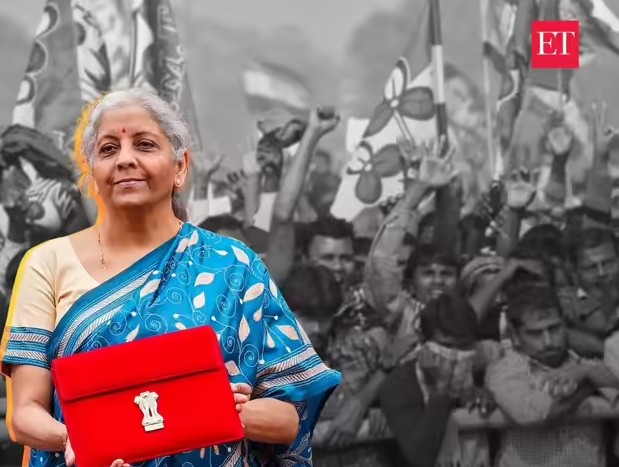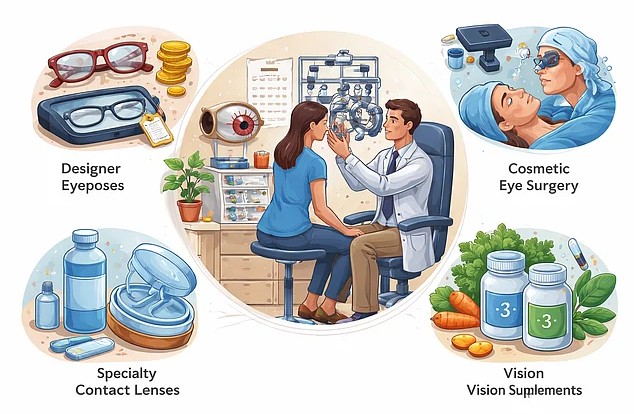In a major patient care financing, the scope of health insurance is evolving. Traditionally focused on hospitalisation and acute care, insurers are now integrating everyday wellness into their offerings.
IRDAI (Insurance Regulatory and Development Authority of India), has meticulously begun to match what real Indian families need. This shift reflects a broader strategy: improving long-term health outcomes while reducing claim costs. However, it also brings new challenges around transparency, pricing, and data privacy, said Sarita Joshi, head of health and life insurance, Probus.
Health insurance is into areas that were beyond physical hospitalisation. These are therapy sessions, psychiatric consultations, even medicines are now integrated into certain policies. Conditions like genetic disorders, menopause-related complications, cataracts, all getting covered under the new framework in certain policies. There are even riders for chronic illnesses like diabetes or hypertension, she added.
There are several plans that cover your regular doctor appointments, annual check-ups, blood tests, and preventive screenings for diabetes, hypertension or even illnesses like cancer depending on the type of insurer or plan one has opted. Early detection is the name of the game, so people aren’t waiting until things get really bad. For instance, patients who spent Rs. 6,000 annually for diabetes and cholesterol tests, has his health insurance plan and they actually go for check-ups without hesitation, said Sarita Joshi.
Pregnancy is not cheap, but it is finally getting the insurance. Pre-natal scans, delivery for normal or C-section, newborn care are now bundled under the family floater plan allowing the couples to opt this protection at the most critical stage of life. With maternity coverage built into their policy, almost 80% of the bill was taken care by their insurance plan which was a much-wanted relief to the new parents.
All the health policies include ambulance rides as a built-in feature. And for those critical emergencies, air ambulance coverage can be added as an optional add-on while buying the plan, she said.
Insurers have now said age is no more an excuse. Earlier, policies came with certain age cap during purchase, but that restriction has now been removed. At least one plan must be offered to everyone with no entry age limits and with the assurance of life renewability, said Sarita Joshi.
Furthermore, India’s reliance on Ayurveda, Yoga, Unani, Siddha, Homoeopathy (Ayush) treatment has finally been recognised officially. Insurance has to cover those treatments too, no more sub-limits or fine print, she said.
Ayushman Bharat Pradhan Mantri Jan Arogya Yojana (PM-JAY) has also stepped into the next expansion by providing gig workers like delivery personnel, drivers, informal sector workers etc., get cashless hospitalisation up to Rs. 5 lakh for their families.
Private insurers too are introducing features such as unlimited virtual GP consults, cashback if you use government hospitals, and even plans that give you your premium back with interest. Chronic illness waiting periods are shrinking and multi-generational coverage is on the line up.
Therefore health insurance in India is evolving rapidly in 2025 and isn’t just about hospital bills anymore. It’s finally catching up to protecting the entire journey of an individual’s health and wellness, said Sarita Joshi.







